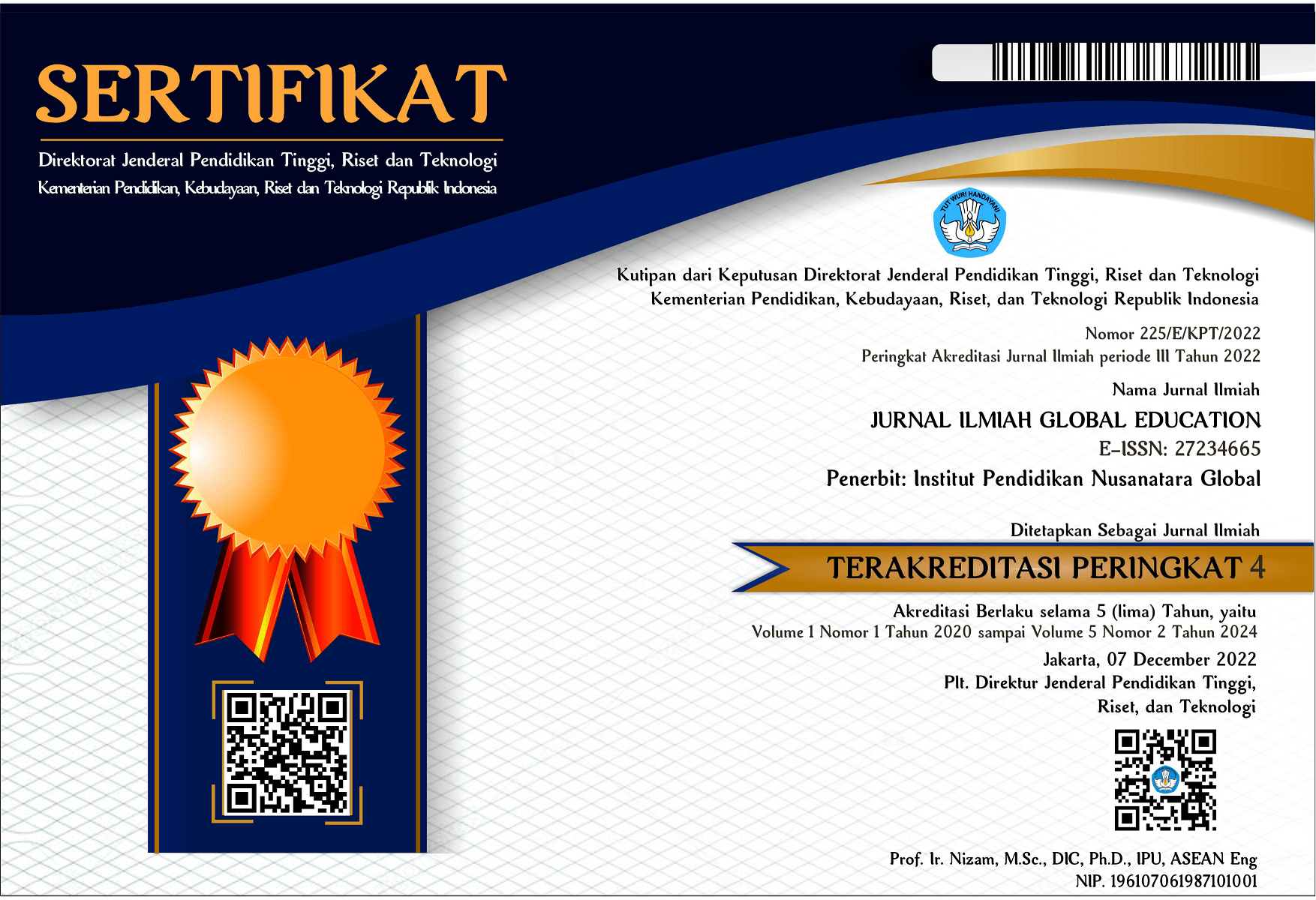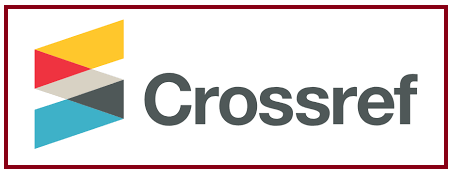Membangun Komitmen untuk Sukses: Studi Kasus pada Koperasi Petani Bunga di Kopeng Kabupaten Semarang
DOI:
https://doi.org/10.55681/jige.v5i2.2668Keywords:
Financial incentives, communication, participation, increased social relationships, member commitmentAbstract
Human resource management and cooperatives are very important for sustainability and performance in an era of globalization and increasingly fierce economic competition. This study investigates flower farmer cooperatives in Kopeng, Semarang Regency, and focuses on appropriate management methods to increase member commitment, which impacts the success and competitiveness of the cooperative. This research found a lack of knowledge about the components that influence member commitment and how to increase it. This research found that social factors, such as relationships between members, and economic factors, such as financial benefits, have a large influence on member commitment. The research results show that strengthening social relationships and providing financial incentives are effective management strategies to increase member commitment. The research results show that two effective management approaches to increase member commitment are improving social relationships and providing financial incentives. In addition, it was found that increased communication and participation in decision making were important components in increasing member commitment. This research offers theoretical and practical insights into managing member commitment in the context of flower farmer cooperatives and provides recommendations for cooperative practitioners and academics about management strategies that can be implemented to increase member commitment, which in turn will improve cooperative performance and sustainability.
Downloads
References
Allen, N. J., & Meyer, J. P. (1990). The measurement and antecedents of affective, continuance and normative commitment to the organization. Journal of Occupational Psychology, 63(1), 1–18. https://doi.org/10.1111/j.2044-8325.1990.tb00506.x
Creswell, J. W. (2013). Qualitative Inquiry and Research Design: Choosing Among Five Approaches. SAGE Publications.
Feder, G., & Feeny, D. (1991). Land Tenure and Property Rights: Theory and Implications for Development Policy. The World Bank Economic Review, 5(1), 135–153. http://www.jstor.org/stable/3989973
Fafchamps, M., & Minten, B. (2002). Returns to Social Network Capital among Traders. Oxford Economic Papers, 54(2), 173–206. http://www.jstor.org/stable/3488776
Gill, A., & Meyer, D. (2000). Commitment and performance in cooperative organizations. Journal of Cooperative Studies.
Hair, Jr., F. Joseph, R. E. Anderson, R. L. Tatham dan W. C. Black. (1992), Multivariate Data Analysis with Readings, Macmillan.
Meyer, J. P., Paunonen, S. V., Gellatly, I. R., Goffin, R. D., & Jackson, D. N. (1989). Organizational commitment and job performance: It's the nature of the commitment that counts. Journal of Applied Psychology, 74(1), 152–156. https://doi.org/10.1037/0021-9010.74.1.152
Miles, M. B., Huberman, A. M., & Saldaña, J. (2013). Qualitative Data Analysis: A Methods Sourcebook. SAGE Publications.
Morgan, R. M., & Hunt, S. D. (1994). The commitment-trust theory of relationship marketing. Journal of Marketing, 58(3), 20–38. https://doi.org/10.2307/1252308
North, D. C. (1990). Institutions, Institutional Change and Economic Performance. Cambridge University Press.
Ostrom, E. (1990). Governing the Commons: The Evolution of Institutions for Collective Action. Cambridge University Press.
Patton, M. Q. (2015). Qualitative Research & Evaluation Methods: Integrating Theory and Practice. SAGE Publications.
Pretty, J., & Ward, H. (2001). "Social capital and the environment." World Development, 29(2), 209-227. https://doi.org/10.1016/S0305-750X(00)00098-X
Putnam, R. D. (2000). Bowling Alone: The Collapse and Revival of American Community. Simon & Schuster.
Sekaran, Umar, 1992, Research Methods for Business: A Skill Building Approach, Second Edition, John Willey & Sons, Inc.
Downloads
Published
How to Cite
Issue
Section
License
Copyright (c) 2024 Pipit Sundari, Natoil

This work is licensed under a Creative Commons Attribution-ShareAlike 4.0 International License.













